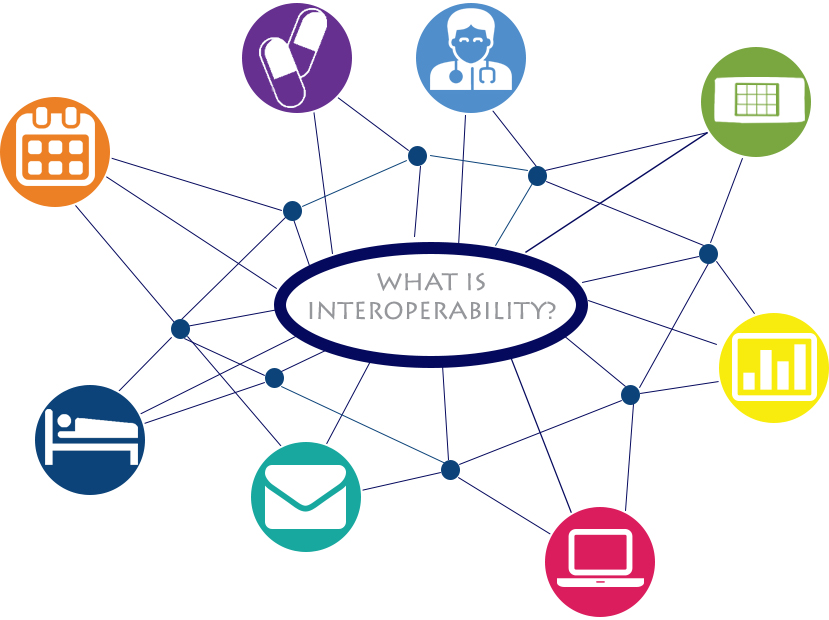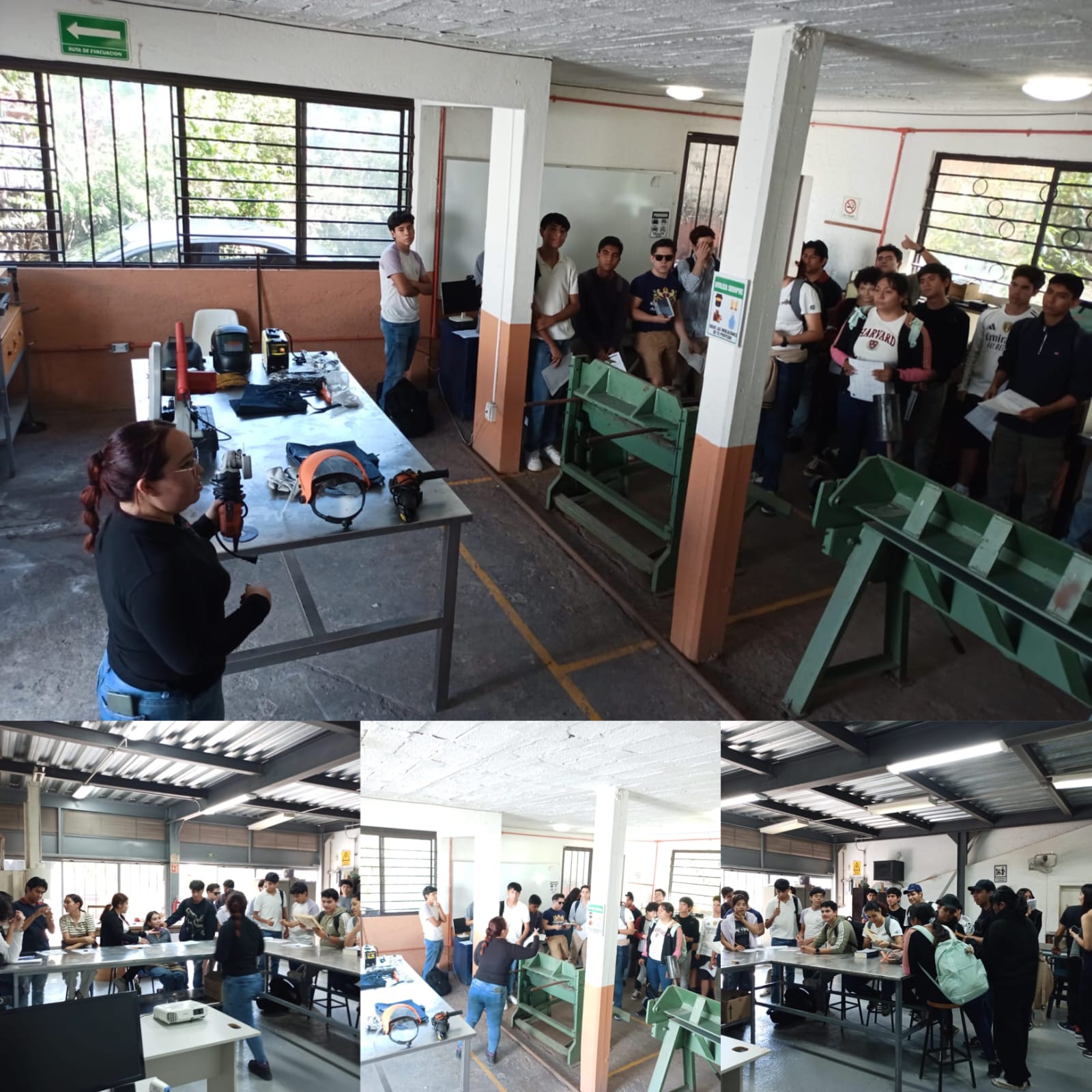In an era where innovation Keystone and integration drive success, interoperability emerges as a critical foundation across various industries. This article delves into the concept of interoperability, highlighting its importance and the ways it fosters efficiency and innovation.

What is Interoperability?
Interoperability is the capacity of different systems, devices, and applications to connect and communicate seamlessly. It allows for the effortless exchange and utilization of information across integrated elements, requiring no additional effort from the user. In industries, this might involve the integration of data across different companies’ products or systems, such as supply chain management, healthcare records, or manufacturing equipment.

Why is Interoperability Vital?
Efficient Resource Utilization
Interoperability ensures that systems work together harmoniously, leading to more efficient use of resources. In healthcare, for instance, interoperable electronic health records can reduce redundant testing and enable doctors to provide more timely and informed care.
Innovation and Scalability
To thrive in today’s fast-paced world, industries need to be both adaptable and scalable. Interoperability facilitates the integration of new technologies without necessitating a complete overhaul of existing systems. This creates an environment ripe for innovation and allows businesses to scale effectively.
Enhanced Communication
Effective communication is the backbone of any industry. Interoperability reduces friction between systems and software, minimizing misunderstandings and speeding up decision-making processes.
Customer Satisfaction
By ensuring smooth interactions between systems, interoperability significantly enhances customer experiences. In e-commerce, for example, interoperable payment systems across various banks and card services lead to a seamless shopping experience for customers.

Interoperability Across Industries
Healthcare
In healthcare, interoperability is crucial for patient data management. The seamless exchange of patient information between healthcare systems can lead to better diagnoses, reduced medication errors, and quicker treatments.
Manufacturing
Interoperability in manufacturing streamlines production processes. When production systems communicate effectively, companies can reduce downtime, increase productivity, and respond swiftly to market demands.
Finance
In the financial sector, interoperability is essential for transactions and data exchange among institutions. This fosters a more inclusive and efficient financial ecosystem.
Education
Interoperability in education technology ensures that various learning platforms and administrative tools can communicate effectively, enhancing the overall educational experience.
Best Practices for Ensuring Interoperability
Standards Adoption
Adopting widely recognized standards is key to achieving interoperability. These standards act as a universal language that enables different systems to understand one another.
Continuous Testing and Validation
Regular testing and validation are necessary to maintain interoperability as systems evolve.
Stakeholder Collaboration
Working closely with stakeholders—including suppliers, partners, and customers—helps in identifying and addressing interoperability challenges.
Data Security and Privacy
Interoperability must be achieved without compromising data security and privacy, especially in industries like healthcare and finance, where sensitive information is involved.
Conclusion
Interoperability is a vital element in the contemporary industrial landscape. By facilitating efficient communication and integration, it enables resource optimization, fosters innovation, and enhances both communication and customer satisfaction across various industries.
Embracing interoperability and adhering to best practices can not only benefit individual businesses but also strengthen entire industries, making them more responsive and resilient in an increasingly interconnected global market.
Source: fracttal
Bachelor in Industrial Mechanical Engineering
More News About Bachelor inIndustrial Mechanical Engineering


